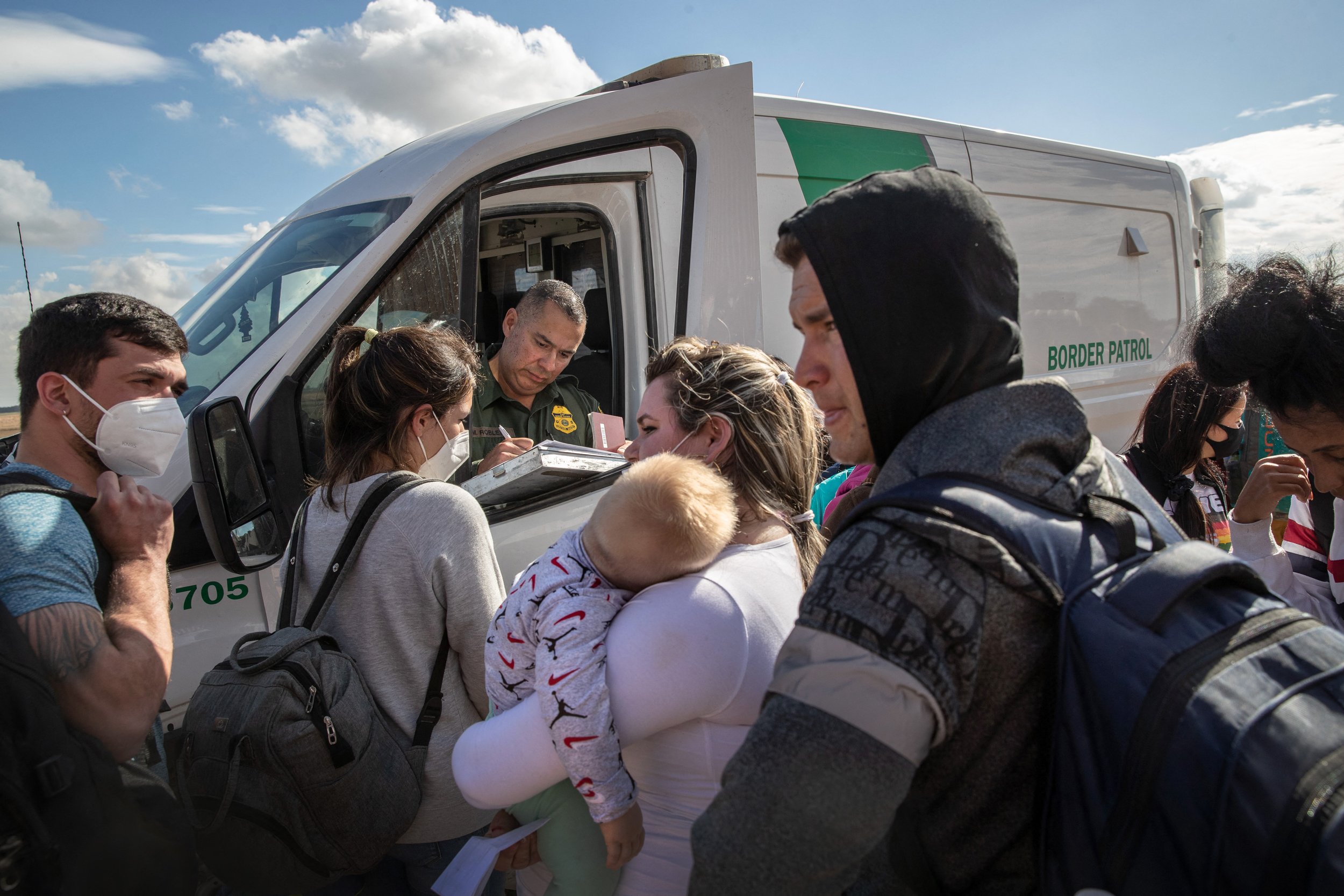“Nobody Should be Dying Having a Baby”
A newborn at Ann & Robert H. Lurie Children's Hospital in Chicago, Feb. 27, 2019 [AP/Teresa Crawford]
By Subtext
In December, the Department of Health and Human Services announced its plan to dramatically change health care for pregnant women.
The plan laid out a strategy for reducing America’s maternal mortality rate by 50%, low-risk cesarean births by 25% and to control hypertension in 80% of reproductive-age women. (The plan referred to women and mothers rather than using the gender-inclusive term pregnant people.)
The new goals are long overdue. The U.S. only collected standardized data on maternal mortality as of last year, despite the long-term crisis. In recent years, high-profile Black women including Serena Williams and Beyoncé have attempted to increase the public’s awareness of Black maternal mortality by sharing stories of their own traumatic and life-threatening childbirths. Though the HHS announcement acknowledged that Black, American Indian and Alaska Native women are 2 to 3 times as likely to die from pregnancy complications than white, Hispanic and Asian women, it didn’t outline specific goals for Black and Indigenous people.
This, says Nikki Greenaway, illustrates why the HHS plan doesn’t go far enough. Greenaway, known to patients as Nurse Nikki, is the nurse practitioner behind Bloom Maternal Health in New Orleans, which provides postpartum and women’s health home visits, as well as other educational and pre- and post-natal care to people from marginalized communities. Greenaway spoke with AJ+ producer Alva French about Louisiana’s maternal health disparities, what communities need to reduce maternal mortality and how pregnant people can advocate for themselves.
‘Nobody should be dying having a baby’
Greenaway said that Louisiana has some of the largest maternal health disparities in the country – five Black women die from childbirth for every white woman – and the state has one of the lowest rates in breastfeeding. Greenaway points to the lack of health care focused on pregnancy compared to the many hospitals dedicated to specialties like heart health and spinal surgery.
“Nobody should be dying having a baby. That's first and foremost. We're in the United States of America. We pay more in health care costs than anyone in the world. And yet we have some of the worst maternal health outcomes,” Greenaway said. “Our priority is not on mamas and babies, which would help our communities. If moms and babies are good, communities thrive.”
‘I commend them on it. But damn, why did it take so long?’
Greenaway sees the plan as a start, but inadequate to confront the many problems that warp American health care. For example, HHS’s plan for implicit bias training among medical professionals sounds good, but may do little to alter the effects of decades of racist messaging that doctors have received through a lifetime of American education. It’s not enough for HHS to simply “tweak” the health care system, Greenaway said, “We need to rebuild the system in a way [so] that equitable care is handed out to everybody.”
“...I commend them on it. But damn, why did it take so long? Like, why did it take all these people to die?” Greenaway said, noting that the federal government hadn’t moved to address Black maternal mortality rates until high-profile people spoke out. “If we're being truly transparent and truly honest, if white women were dying at this rate, they would have been fixed a long time ago.”
As the patient, you have the power
Greenaway said that she advises Black mothers to seek outside information about pregnancy, but tells them that they are the experts on their own bodies. This expertise should include learning the medical history and childbirth history of their parents and grandparents and knowing their own medical history. Bring questions to your provider and share your concerns or challenges when they arise. Align with a provider who is aligned with you and feel confident about switching providers if they bully or abuse you.
“You can question me, challenge me, check me. I'm not uncheckable,” Greenaway said. “I want you to do that. Because maybe I'm doing something awful. Maybe I didn't explain it well enough for you to understand … That is what we're here for, to educate.”
Watch Alva French’s video with Greenaway:
Black and Indigenous women are dying at alarmingly higher rates in childbirth than white women.
— AJ+ (@ajplus) January 1, 2021
A new federal initiative aims to address Black maternal health. But providers and maternal health advocates say the plan doesn't go far enough to address the disparities. pic.twitter.com/QZ35GgJUFC

![A newborn at Ann & Robert H. Lurie Children's Hospital in Chicago, Feb. 27, 2019 [AP/Teresa Crawford]](https://images.squarespace-cdn.com/content/v1/5f21dbb91adde3260d4ba1ef/1610494554021-CG68H0KL4Q34S4OJYYPJ/maternal-mortality.jpg)



